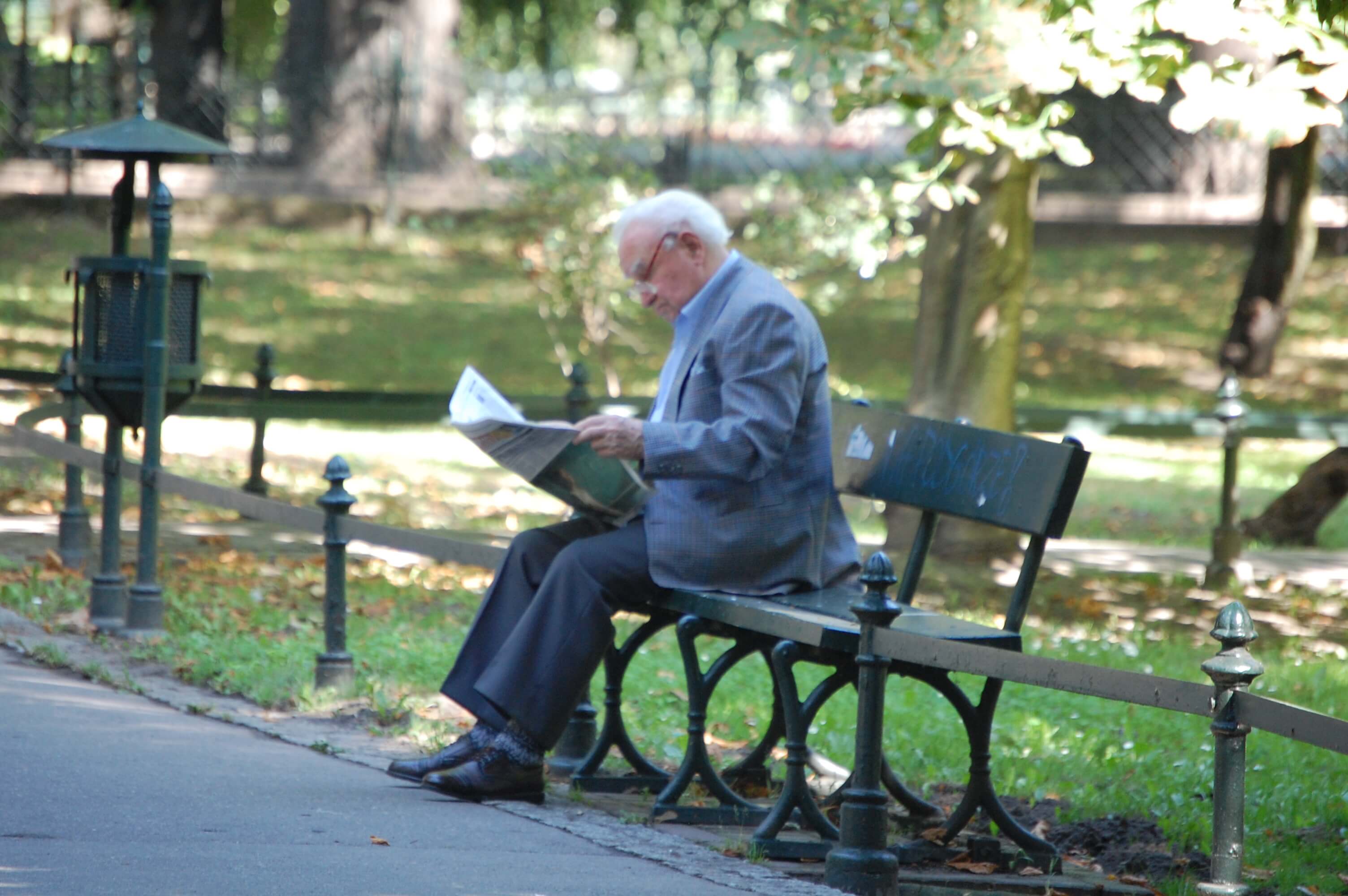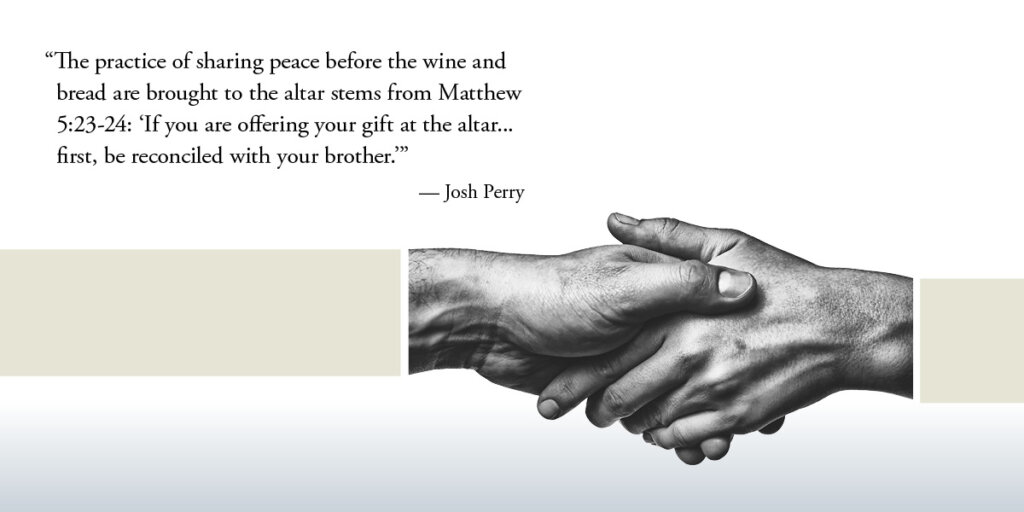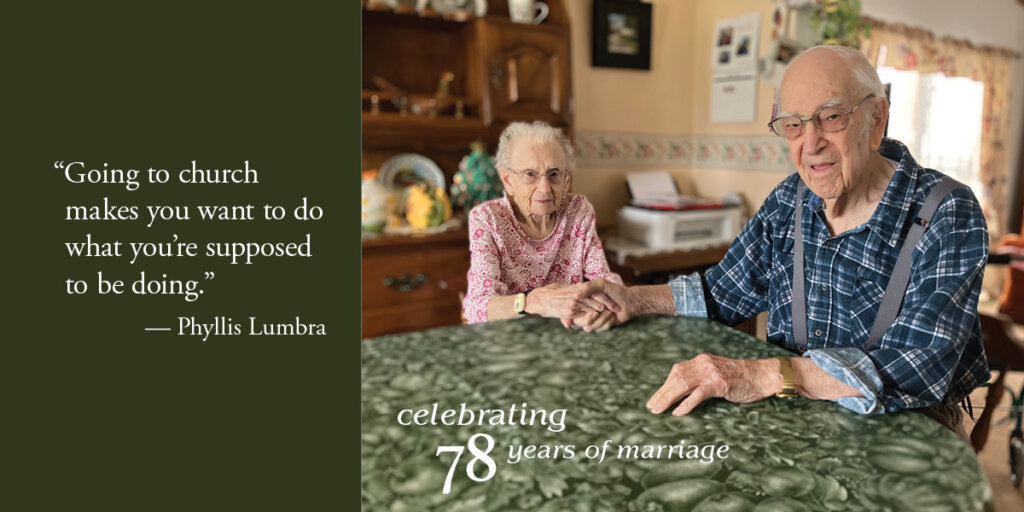
The double grace of honoring the elderly
In his Post-Synodal Exhortation, “Amoris Laetitia” (paragraph 189), Pope Francis states: “The fourth commandment asks children … to honor their father and mother (Ex 20:12). This commandment comes immediately after those dealing with God himself. Indeed, it has to do with something sacred, something divine, something at the basis of every other kind of human respect. The biblical formulation of the fourth commandment goes on to say ‘that your days may be long in the land
which the Lord your God gives you’. The virtuous bond between generations is the guarantee of the future, and is the guarantee of a truly humane society. A society with children who do not honor parents is a society without honor… it is a society destined to be filled with surly and greedy young people” (quoting his Catechesis (Feb. 11, 2015).
The sacredness of caring for one’s parents — or anyone who is elderly, for that matter — confers a double grace. The elderly person receives the gift of charity, and the younger person makes the sacrifice because of charity. Rooted in the Fourth Commandment then, it follows that honoring any elderly person bestows God’s blessing. The greater the sacrifice required by the younger generation, the greater the blessing.
One sees this specifically in the case of a child caring for a parent with Alzheimer’s disease or a priest caring for his parishioner. It requires great patience, perseverance and humility.
As a priest, I have visited many parishioners with Alzheimer’s or dementia. In one case I walked arm-in- arm with an elderly lady outdoors because the nursing staff encouraged her to walk. People told me they saw me walking my mother on the sidewalk. She was not my actual mother; she had lived on a farm where I visited her.
In another assignment, I arrived at mealtime at a nursing home to find one of my parishioners in the dining room. Because of her Alzheimer’s she could still sit at the table, but couldn’t mentally process lifting her fork to her mouth to eat. With the nurse’s permission, I fed her lunch and remembered she had once counted the weekend collection for me at the parish.
I also visited with a former college professor of mine who was a specialist in French grammar. We spoke French together, and I always brought her flowers because it made her so happy. She never remembered I was her pastor and former student.
As God the Father promised in the Fourth Commandment, honoring and caring for the elderly — whether related or not — is a blessing, despite the sacrifices imposed upon a restless younger generation. Such charity guarantees the preservation of a humane society and prevents what Pope Francis calls a “surly and greedy” younger generation bereft of grace because of selfishness.
Sacrifices always involve some pain, but God the Father promises a long life (that is, blessings) to those who honor the elderly. I hope someday in my old age, somebody will take me for a walk, feed me if I can no longer remember how to feed myself and maybe even bring me flowers — whether I remember it or not.




